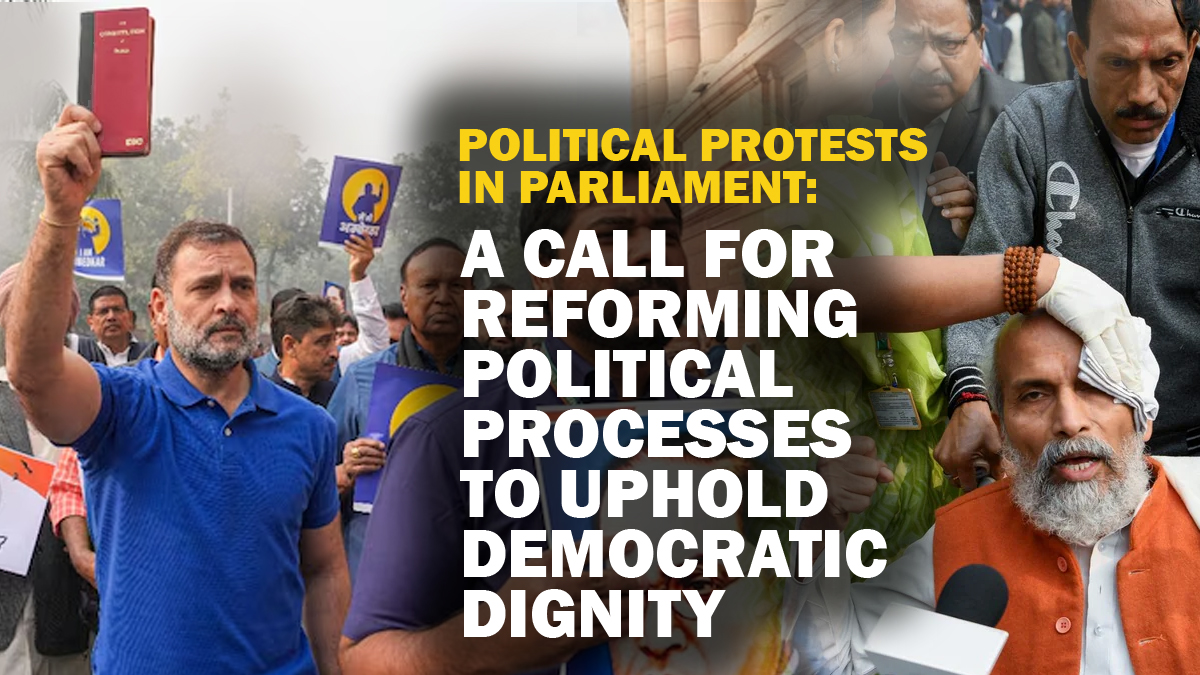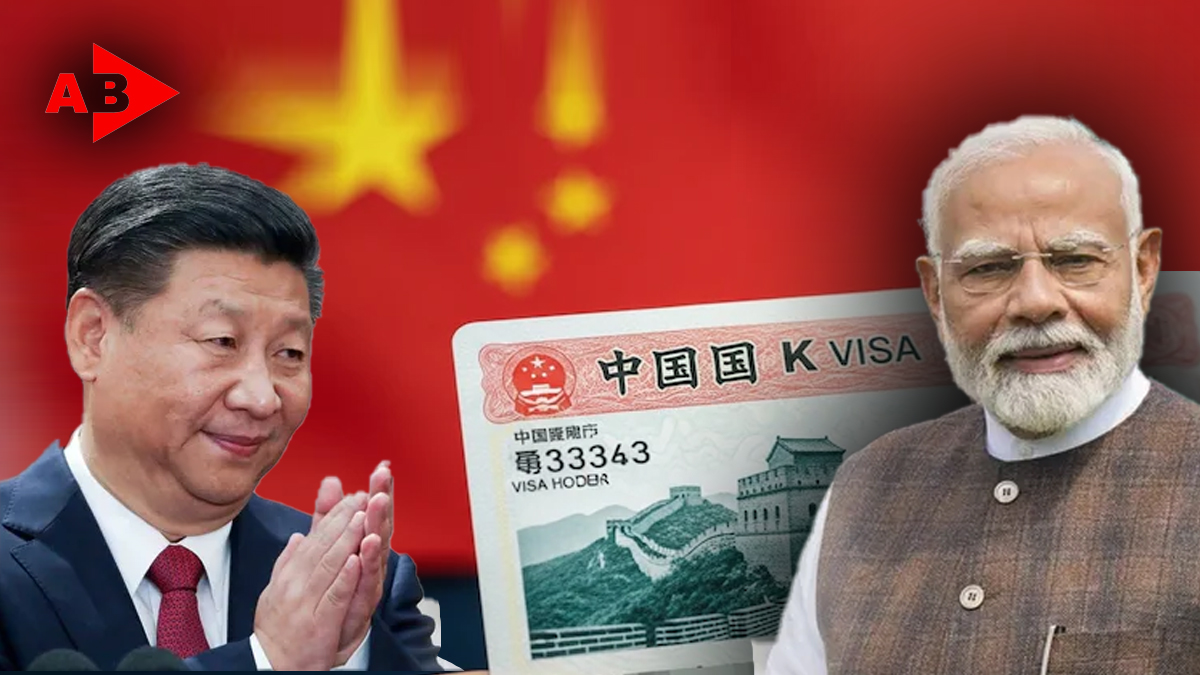
Political Tensions Escalate in Parliament as Congress Protests Over Ambedkar Issues
Today’s demonstrations on Babasaheb Bhimrao Ambedkar’s issue have reignited the political climate in Parliament
Jotirmoy Roy, AB News, December 19, 2024: A protest organized by the Congress party on issues related to Babasaheb Bhimrao Ambedkar has once again heightened political tensions within the Indian Parliament. Both the Congress party and the Bharatiya Janata Party (BJP) held demonstrations in the Parliament premises, culminating in a clash near the Makar Dwar, led by Congress leader Rahul Gandhi.
During the altercation, BJP MP Pratap Sarangi sustained a head injury, while his colleague, MP Mukesh Rajput, was injured and subsequently admitted to RML Hospital for treatment.
Following the incident, BJP lawmakers filed a complaint against Rahul Gandhi with the Delhi Police, leading to the registration of an FIR.
This incident has raised serious concerns regarding the integrity of democracy and the effective functioning of Parliament, casting a shadow over the current political atmosphere in the country. Both parties have continued to exchange accusations, intensifying the ongoing confrontation that defines the current legislative session.
As the situation unfolds, the repercussions of this incident are likely to be felt beyond the stone walls of Parliament, impacting the larger discourse on political conduct and civic responsibility in India.
The Declining Functionality of Parliament
The primary function of Parliament is to conduct legislative affairs and formulate policies for the nation’s development. However, in recent years, the prevalence of exhibition-like protests during parliamentary sessions has become a significant concern. Protests, shouting slogans, and other forms of demonstrations frequently disrupt parliamentary proceedings, adversely impacting its dignity and weakening the core essence of democracy.
Political dissent within Parliament is natural, but the level of disagreement has escalated to protests and chaos. Opposition parties often demonstrate to show that they represent the issues of the public. However, in doing so, the real issues that should be addressed in the legislature often fall by the wayside. The influence of media plays a crucial role in these protests, as parties presenting their issues often aim to draw more attention through sensational demonstrations.
Economic Implications of Protests
The costs associated with parliamentary proceedings have skyrocketed due to these protests. It is estimated that every minute of parliamentary activity costs approximately ₹2.5 lakh. This situation leads to a staggering loss of ₹1.5 crore every hour for taxpayers, funds that could otherwise be utilized for national development. Moreover, important bills and issues are sidelined during these disruptions, leading to delays in policymaking that further hinder national progress.
Such chaos in Parliament affects not only domestic politics but also tarnishes the country’s reputation abroad. Trust among investors and leaders from other nations diminishes, which ultimately impacts the county’s economy.
Steps Towards Controlling Chaos
To effectively manage such turmoil, it is crucial to amend regulations to prevent protests within Parliament. Ensuring sufficient time for discussions and questions in the House is vital and unnecessary disruptions must be minimized. Political parties should prioritize dialogue as a method for resolving disputes. This approach would foster a more constructive atmosphere for discussions in Parliament and enhance the democratic process.
There is an urgent need for strong measures to control political protests happening in Parliament. If we aim to establish a robust democracy, we must adopt dialogue and discussion as our primary means of engagement rather than resorting to protests and chaos. The foundation of a healthy democracy is built on conversation and deliberation, and only then can we understand the true responsibilities and workings of our MPs. In this context, today’s opposition protest serves as a reminder that we need to reform our political processes and uphold the dignity of democracy.


